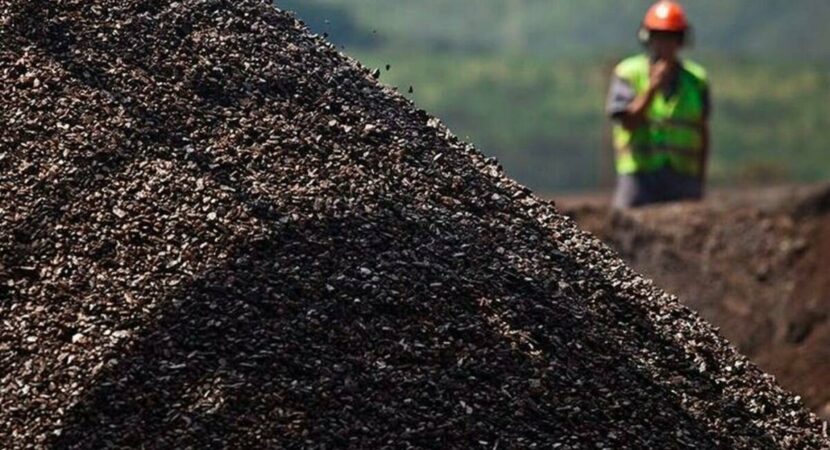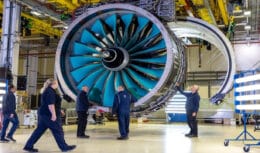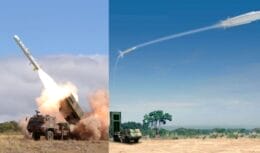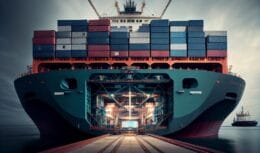
Current studies by the Getúlio Vargas Foundation (FGV) regarding the future of the mineral extraction sector in Brazil point to the prospect of strong monetary growth and that the branch will be responsible for 2,11% of GDP in 2030, due to increased production of oil, natural gas and iron ore.
The Getúlio Vargas Foundation (FGV) has excellent forecasts for the future of the mineral extractive sector in Brazil. This, because the institute points out that Brazil will raise a total of R$ 1 trillion with the exploration mineral onshore and offshore by the year 2030. The main drivers of this monetary growth are oil, natural gas and iron ore, which are experiencing strong productive expansion in Brazil.
Brazil should raise more than R$ 1 trillion in the mineral extractive sector by the year 2030, according to projections by the Getúlio Vargas Foundation (FGV)
The mineral extractive sector, that is, the exploitation of these ores on land, rivers or seas, has been expanding significantly over the last few years and the FGV points to even greater growth for the next decade, driven by iron ore, oil and natural gas . The foundation's data show that the country's collection should grow by more than 100% and reach R$ 1 trillion by the end of 2030, a surprising leap for the country's economy until that period.
The calculations were carried out by the Brazilian Institute of Economics, of the Getúlio Vargas Foundation (FGV Ibre), which considered a scenario in which a barrel of Brent oil would be sold at US$65. of the mineral extractive sector in Brazil will be responsible for a share of 2030% of the Gross Domestic Product (GDP) of the country, due to the productive growth of iron ore, oil and natural gas.
For comparison purposes, the numbers between 2011 and 2020 show that the segment accounted for less than half of this, 0,92%, according to FGV economist Bráulio Borges. The foundation is still predicting a more optimistic scenario by the year 2030 and claims that the collection could triple in that period. These studies do not consider the real price of a barrel of oil in the international scenario and fix the value, since, until the beginning of July, the cost of a barrel of oil was between US$ 110 and US$ 120 (between R$ 566,5, 618 and R$XNUMX) in the international market.
Increases in the production of oil, natural gas and iron ore will be responsible for the high collection of the mineral extractive sector until 2030
The main product that guarantees a high revenue potential for the mineral extractive sector in Brazil is oil, which has been expanding its production strongly in recent years, but natural gas and iron ore will have a contribution significant in the coming years.
The country is currently the ninth largest oil producer in the world and projections by the Energy Research Company (EPE), in its Ten Year Energy Plan (PDE) 2030, show that by that year, production will reach 5,2 million barrels of oil equivalent.
Thus, the growth in the production of this resource will bring even more monetary collection for the mineral extractive sector in the country. Natural gas, on the other hand, accompanies oil in a large part of its production, thus achieving a strong production expansion, while iron ore remains the main resource of Brazilian mining and will continue to grow in the coming years.
In this way, economist Bráulio Borges of the Getúlio Vargas Foundation (FGV) concludes: “The world will still continue to demand a lot of oil and Brazil is very well positioned, both to meet the demand and to enter new markets, such as green hydrogen. , being the hot topic of the transition discussion”.











